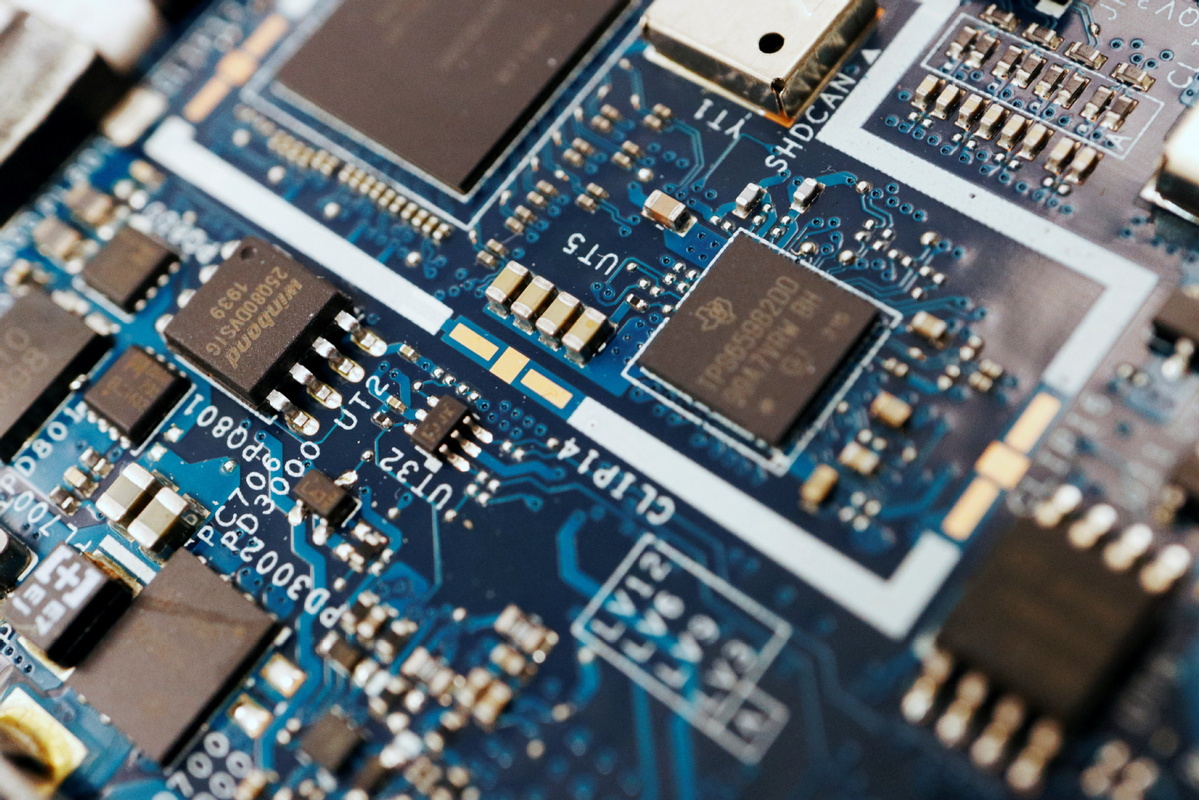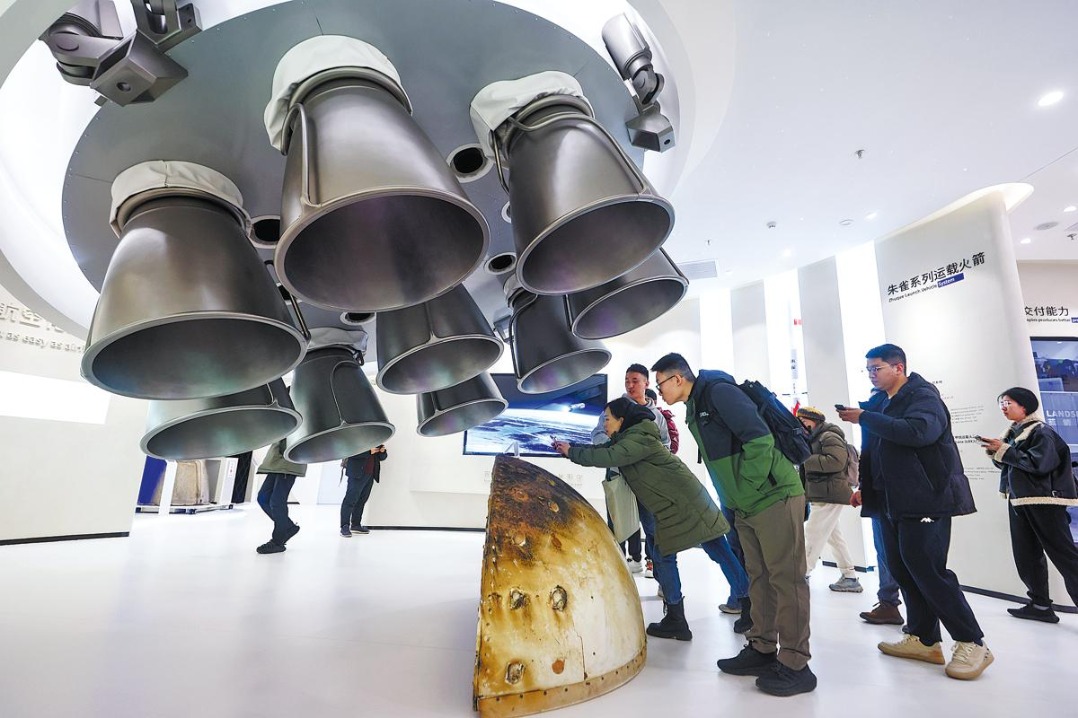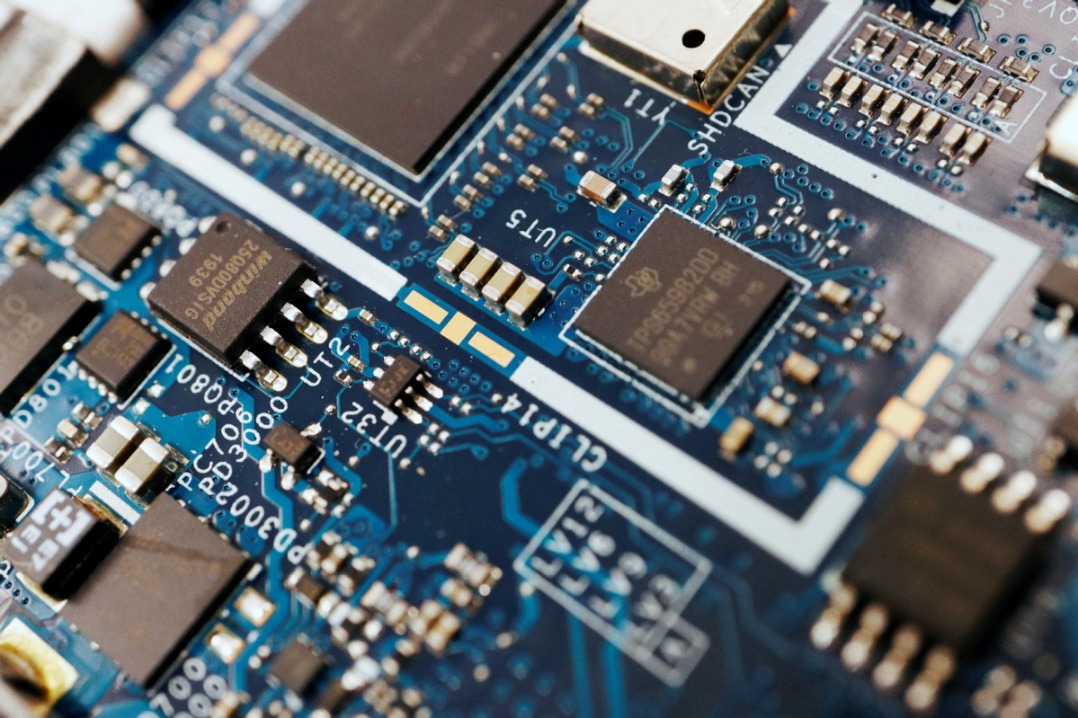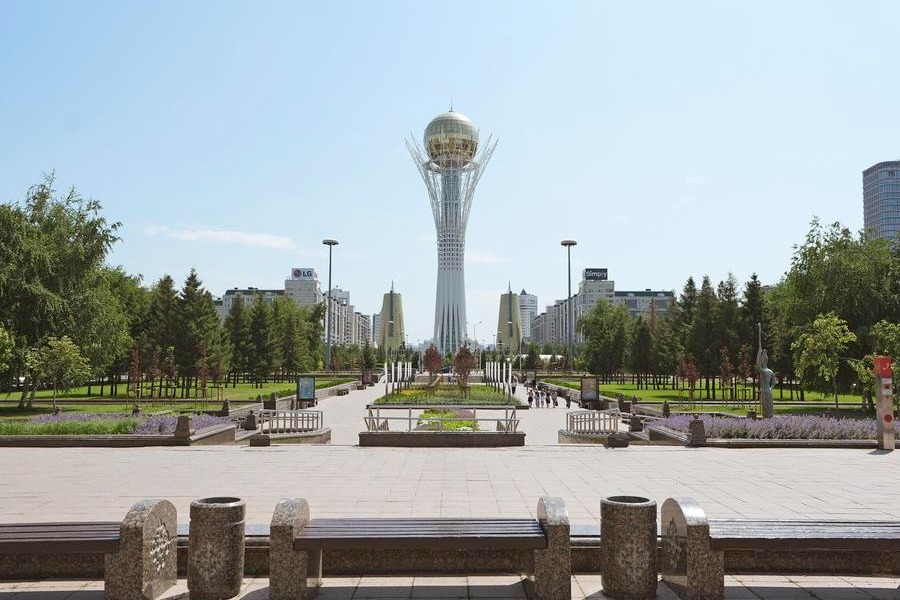Taiwan's chip gamble will spell its doom


Since the escalation of the US-China tariff war early this year, many countries have been seeking strategic dominance over semiconductor production and exports. In particular, the United States has doubled down on efforts to contain China's technological rise.
In accordance with the CHIPS and Science Act, the US has decided to invest $52.7 billion in its domestic semiconductor industry on condition that the recipients of the funds refrain from expanding advanced manufacturing on the Chinese mainland for a decade.
At the same time, the US has threatened to slap tariffs on semiconductor products from Taiwan to pressure the island into aligning more closely with US strategic interests. The Taiwan authorities, seeking political gains by using a "rely-on-US-for-independence" strategy, have joined the US-led "Chip 4 alliance", with companies like the Taiwan Semiconductor Manufacturing Company establishing a plant located in the US state of Arizona and United Microelectronic Corporation entering into joint ventures with US firms in order to consolidate chip production in the US.
According to Taiwan media reports this week, the TSMC's factory located in Arizona has produced the first batch of semiconductor wafers for technology companies such as Apple, Nvidia, and AMD. This signifies a critical step forward for onshore semiconductor manufacturing in the United States. However, it should be noted that the TSMC suffered a huge loss last year.
This shows that what the Taiwan ruling party hails as a bold economic breakthrough is actually a self-inflicted wound.
First, Taiwan's chip industry ecosystem is unraveling. Encouraging chipmakers to move production abroad may appear to create new opportunities but, in reality, it will dismantle a deeply integrated supply chain which took decades to develop. By expanding abroad, the TSMC is not just exporting capacity; it is also exporting talents, innovation and strategic leverage. The relocation of thousands of highly skilled engineers to the US to support the operations has drained the local R&D pool, undermining the island's innovation capacity.
The situation could worsen further, because US regulators are demanding unprecedented access to proprietary data under the guise of safeguarding national security. The ripple effects of Taiwan's impulsive moves are evident throughout the industry.
Second, Taiwan's broader economic stability is under threat. Semiconductor enterprises such as the TSMC form the backbone of the island's economy. So relocating production and R&D units will not only undermine the industry but also divert precious public resources.
Billions of dollars in the shape of the Taiwan authorities' support are invested in overseas ventures at the expense of healthcare, education, and public infrastructure on the island. As ancillary firms join the exodus, local manufacturing jobs are drying up, growth is slowing down, and unemployment is rising.
Accordingly, recent polls show 53 percent of Taiwan residents disapprove of the Lai Ching-te administration's performance, the worst on record for any leader after one year.
And third, at the strategic level, Taiwan is putting itself into a dangerously dependent position. As the island becomes more reliant on the US for capital, technology and markets, its industrial policy autonomy will erode. And when Taiwan's chip enterprises are fully bound to US interests, they will risk becoming bargaining chips in geopolitical games.
Taiwan's semiconductor pivot toward the US isn't just economically reckless; it's legally problematic. By realigning its chip industry, Taiwan has violated the core World Trade Organization principles of non-discrimination and open markets. The US CHIPS and Science Act imposes discriminatory restrictions on firms receiving subsidies, and targets the Chinese mainland's interests. The island's move, especially because it's influenced by US subsidies, violates the WTO's rules on fair competition.
The fact that Taiwan has signed the death warrant of its chip industry becomes clear when one sees companies like the TSMC, once global flagships, bogged down in the US policy quagmire, and face rising costs, limited market access and growing losses.
Taiwan, contrary to what it thinks, is not a player in this game; it's a pawn. And Lai should realize that the US is interested, not in the island's economic future, but its strategic utility. So the more Taiwan bets on foreign favors, the more it will lose control over its most valuable industry.
It's time Taiwan leaders woke up to the fact that only by strengthening the foundation of cross-Strait cooperation, honoring the 1992 Consensus, and rebuilding economic bridges with the mainland can the island regain its lost momentum and build a sustainable future.
The author is an associate professor at the College of Marine Culture and Law, Jimei University. The views don't necessarily represent those of China Daily.
If you have a specific expertise, or would like to share your thought about our stories, then send us your writings at opinion@chinadaily.com.cn, and comment@chinadaily.com.cn.



































